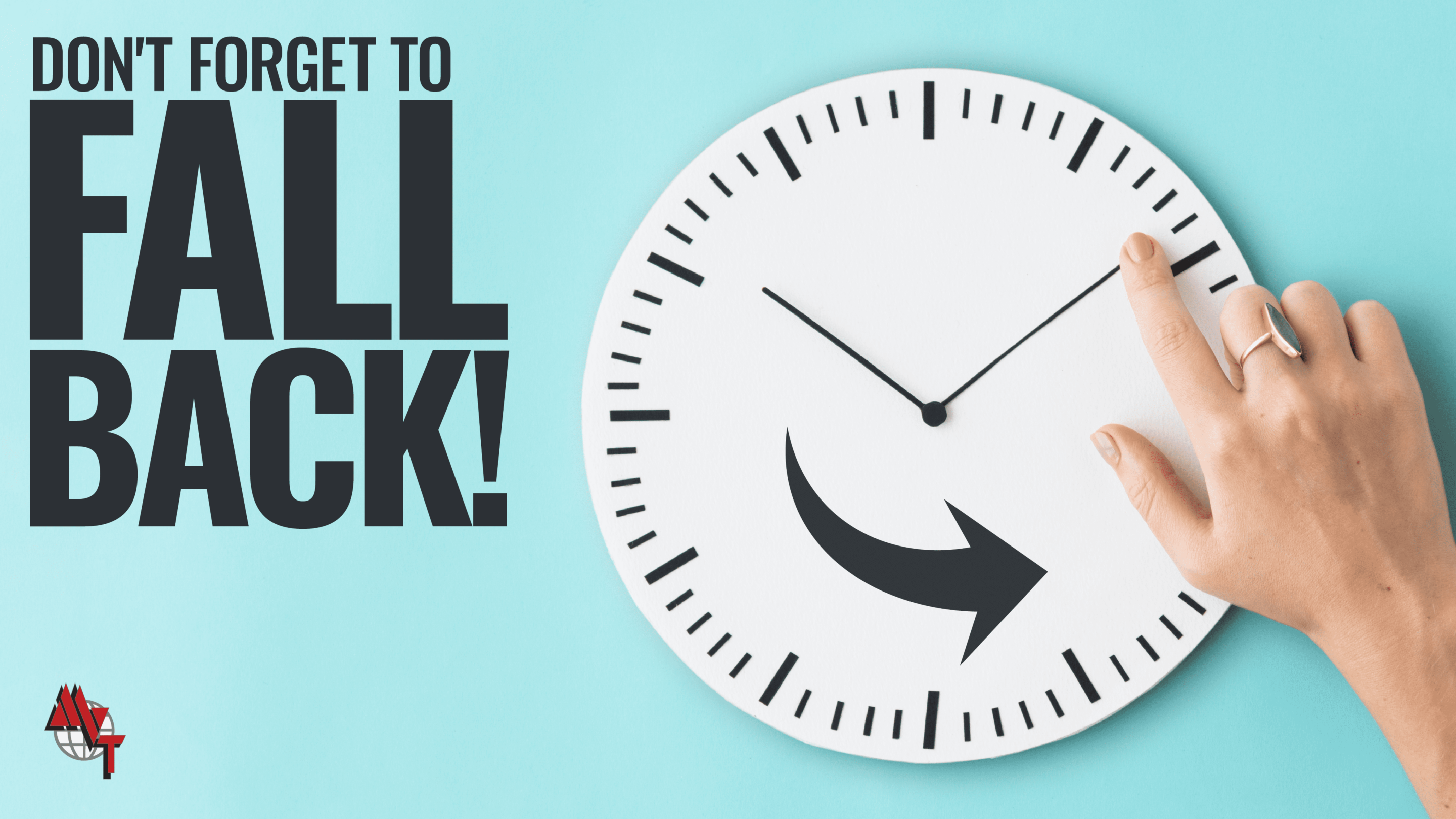
It’s that time of the year again when you turn your clock back because Daylight Savings Time (DST) is ending, and you “gain” an hour of quality sleep but lose an hour of daylight. As the weather gets colder and darker, it is essential to prepare for the time change on November 07, 2021. Not only do you have to remember to change all the analog clocks you have, but you need to be prepared for the time change to ensure that you are safe during your drives. This time of year is notorious for having an increase in car accidents during the transition. Here are some tips to prepare you for the time change.
Get Plenty of Rest
To stay healthy and alert, you need to get plenty of rest. However, once Daylight Savings ends, you will need to ensure that you have as much quality sleep as possible. If you want to prepare your body for the change, the best way to do so is by getting your body ready gradually. You can slowly adjust your sleep schedule to make yourself feel good during this time change. To help keep your circadian rhythms balanced, you also need to expose your body to morning sunlight and eat lightly throughout the day.
No Electronics at Bedtime
You already know not to use your phone or watch tv right before bedtime, right? Of course, you do. But sometimes, you might want to decompress by binging a show or two (or until Netflix asks if you are still watching) or scrolling through social media. However, exposing your eyes to the blue light emitted by these electronic devices will stop you from feeling sleepy. For example, electronic devices prevent you from producing melatonin, resulting in the interference of your sleep. Instead of using your phone or other electronic devices before bed, swap out these electronic devices for a book, puzzle, or anything you are interested in that is not electronic. By avoiding the use of electronics, you will be able to fall asleep faster and easier.
Plan Ahead
It feels as if November came faster than expected, and it’s okay if you haven’t planned a month ahead in preparation for the time change. You can still prepare even with short notice by adjusting your body little by little. For example, to help you prepare your body for DST, pretend that it is already in effect. Go to bed, wake up at the new time change, and continue until DST begins again in March.
Pay Attention to Your Body
If you are forcing yourself to keep going when you are not feeling 100%, you are more likely to harm yourself. When you are exhausted and trying to adjust to DST, you also need to consider how you feel. You can’t just force yourself to keep going; you have to be gentle with yourself because the time change can affect you. We don’t want you to be in an accident which is why you need to take it slowly and pay attention to what your body needs to ensure you are safe, healthy, and alert at all times.
Sleep Station
You may be a heavy sleeper, but that doesn’t mean you won’t wake up from the sun or noise from cars. To ensure that you get as much good sleep as possible, be sure to add some bedtime essentials to your travel bag. You can bring along a sleep mask, white noise machine, and whatever else may help you sleep better at night to prepare you for your long drive.
Caffeine Intake Before Bed
If you want to have a night of quality sleep, you need to avoid drinking anything caffeinated before bed. You should be limiting your caffeine intake at least five hours before bed. As a truck driver, you might be using caffeine to keep you energized as you drive Although you might think it’s impossible to avoid using caffeine for energy, you can eat energy-providing foods to help you during your long drives. You can replace caffeinated drinks by eating dark chocolate, nuts, boiled or eggs. Listening to upbeat music will help you feel more awake too.
Morning Sun
Our last tip will help you tremendously, and that is spending some quality time with the morning sun. When you take advantage of the morning sun before a drive, you expose yourself to a different type of sunlight that we do not usually get the rest of the day. The morning sun is very low in UV-B (Ultra-Violet). Instead, it is full of UV-A and IR-A (infrared lights) that help you sleep better at night, make you feel more energized during the day, reduce anxiety, improve mood, give you the skin glow without the tan, decrease inflammation, and more.

